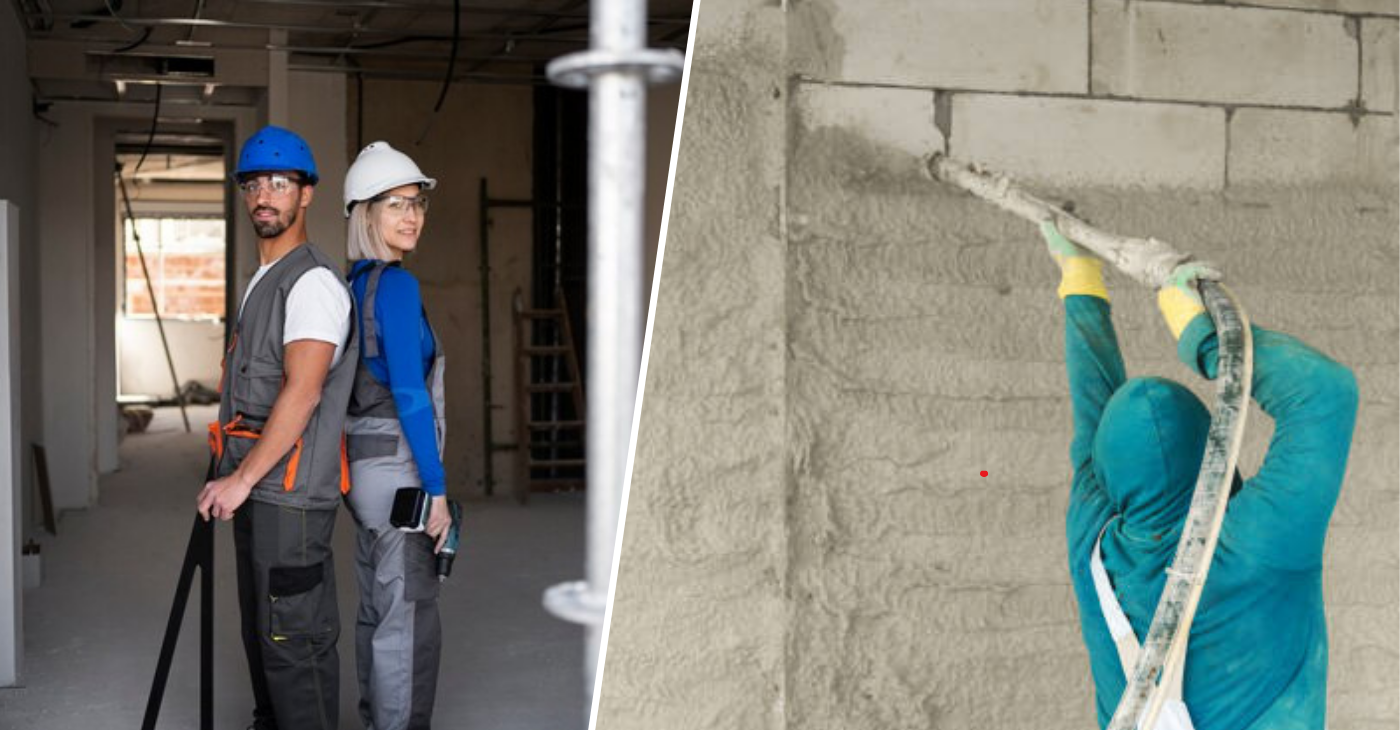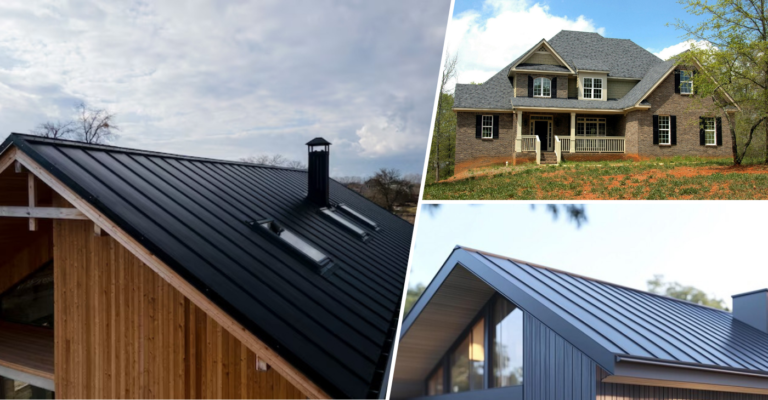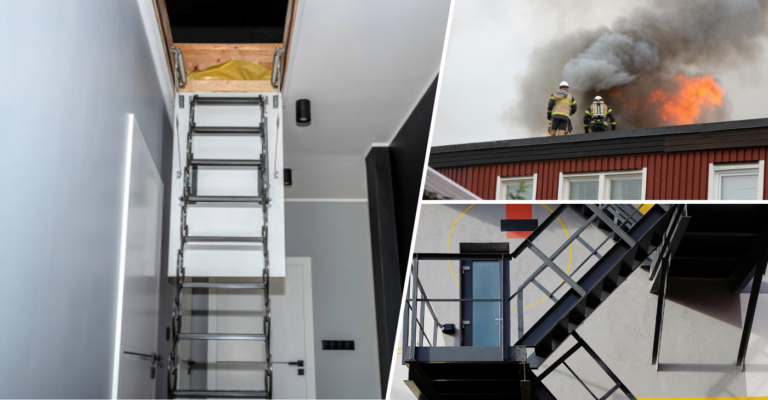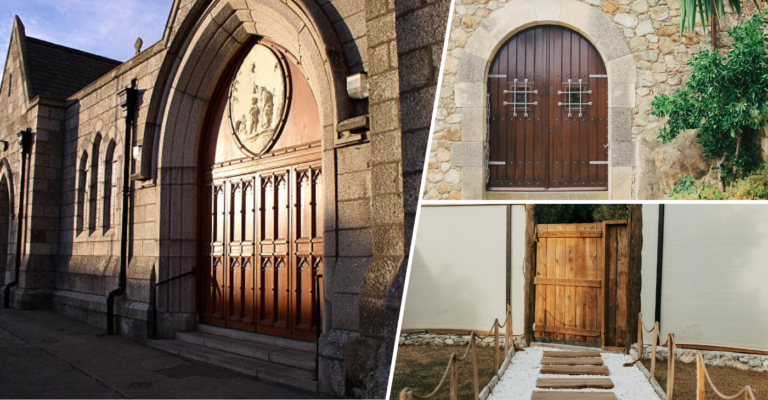Guide: Cavity wall insulation machines – Price and differences
Cavity wall insulation machine is vital tool for improving a home’s energy efficiency by filling the gap between two layers of brickwork. These machines help install insulation materials into the cavity wall, reducing heat loss, enhancing comfort, and cutting energy costs. This guide will delve into how these machines work, the materials used, and the benefits they bring, as well as practical advice on installation and maintenance.
What is cavity wall insulation?
Cavity wall insulation is essential for improving energy efficiency in homes. Cavity walls, common in houses built after the 1920s, consist of two layers of brick or blockwork with a gap (or cavity) in between. Without insulation, these walls allow significant heat loss, making it difficult to maintain a comfortable temperature indoors, especially in winter. By filling this cavity with insulation, heat transfer is greatly reduced, resulting in lower energy bills and a more comfortable living environment all year round.
How does cavity wall insulation machines work
Cavity wall insulation machine is designed to inject insulation material into the cavity efficiently and evenly. The process involves several steps:
- Drilling the walls: The first step in the installation process is drilling small holes into the external walls at set intervals. This allows access to the cavity behind the walls.
- Material injection: Once the holes are drilled, the machine pumps the chosen building insulation material whether mineral wool, polystyrene beads, or spray foam-into the cavity. Advanced machines ensure that the insulation is spread evenly throughout the space, preventing any gaps that could cause heat loss.
- Sealing the holes: After the insulation is in place, the drilled holes are sealed with mortar or other materials to maintain the aesthetic appearance of the exterior walls.
Top cavity wall insulation machines
Several types of machines are used to insulate cavity walls, each designed for specific materials and project sizes:
- Mineral wool insulation machines
These machines are commonly used for blowing mineral wool, a popular insulation material made from rock or glass fibers. They are typically more affordable due to the simplicity of the process, making them a cost-effective option for both residential and commercial projects. - Polystyrene bead injectors
Polystyrene beads are lightweight and provide excellent thermal insulation. Machines designed for these beads require precision to ensure an even spread within the wall cavity. These machines are more advanced and generally cost more than mineral wool machines due to the complexity of handling the beads. - Spray foam insulation machines
Spray foam machines are used for applying expanding foam insulation. This material fills the cavity entirely, sealing gaps and preventing air leaks. These machines are more expensive than others because they require specialized equipment to handle the foam’s expansion process. They are ideal for projects that need superior airtightness and insulation. - High-capacity industrial machines
For large-scale or industrial projects, high-capacity machines are required. These machines are built to handle larger amounts of insulation material and often include features like remote control operation or the ability to work with multiple insulation types. They are the most expensive but offer high efficiency for big projects.
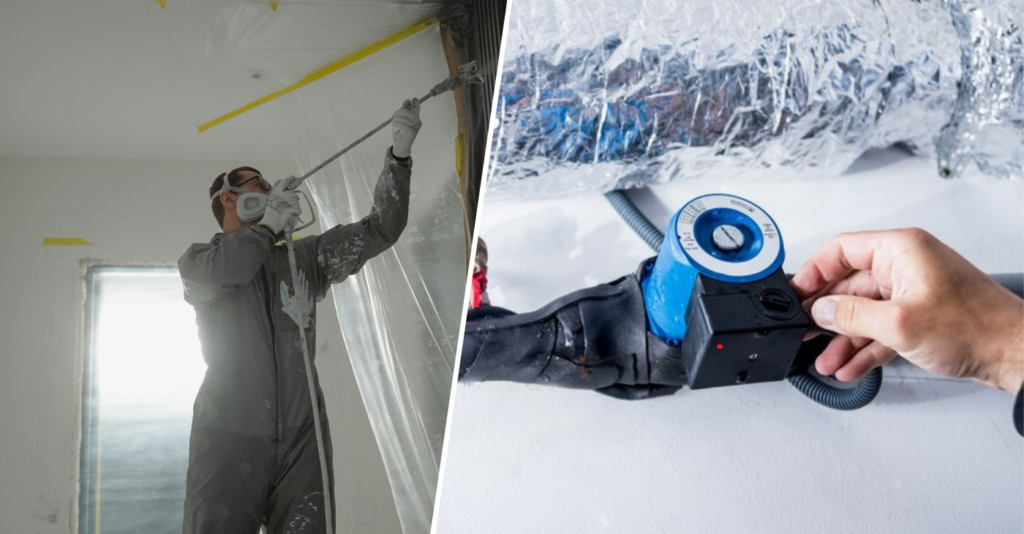
How to choose the right machine
When selecting a cavity wall insulation machine, it is important to consider the type of insulation material being used and the scale of the project. Different machines are optimised for different materials. For example, some machines are specifically designed for lightweight polystyrene beads, while others are equipped to handle the heavier mineral wool. Large-scale machines are typically used for commercial or industrial buildings, while smaller models are available for residential projects.
Key factors to consider when choosing a machine include::
- Some machines are designed specifically for mineral wool, while others are optimised for polystyrene beads or spray foam. Make sure the machine is s – For large-scale commercial or industrial projects, a machine with higher capacity and power will be necessary. Smaller residential projects may only require a compact machine.
- Look for machines that offer precise control over the insulation process to ensure an even distribution of materials. This will prevent gaps and cold spots within the cavity.
- Invest in a machine that requires minimal maintenance and is known for reliability to avoid downtime during projects.
How to install it?
Installing a cavity wall insulation machine requires thorough preparation and attention to safety guidelines. The process involves several key steps to ensure the installation is effective and efficient. Below is a step-by-step guide to help you install a cavity wall insulation machine:
- Ensure the walls are in good condition and clear the area for access. Gather the necessary tools, such as a masonry drill, and ensure you have the insulation material ready.
- Position the insulation machine near the work area, load the material into the machine, and ensure the power source is properly connected.
- Use a masonry drill to create small holes at regular intervals across the exterior wall, allowing the insulation material to be injected evenly.
- Attach the machine’s hoses to the drilled holes, start the machine, and carefully inject the insulation material, making sure it spreads uniformly.
- Once the insulation is complete, fill the drilled holes with mortar or cement to restore the exterior of the walls.
- Inspect the walls for even insulation distribution and check for any signs of moisture.
- Clean the machine after use and store it properly to ensure longevity.
Key benefits of using cavity wall insulation machine
Using a cavity wall insulation machine offers numerous advantages, particularly for contractors and insulation professionals:
- These machines allow for quick and efficient installation, drastically reducing the time required to insulate large areas.
- High-quality machines ensure that the insulation material is distributed evenly throughout the cavity, which is essential for preventing cold spots and ensuring maximum energy efficiency.
- Properly installed cavity wall insulation can reduce energy bills by up to 35%, paying for the initial installation cost over time.
Potential issues that can occur in wall insulation and how to solve them
While cavity wall insulation offers many benefits, there are potential problems that can arise if the insulation is not installed correctly:
- Damp and moisture: Improperly installed insulation can lead to moisture accumulation in the walls, which can cause damp spots or even mould. Ensuring that the walls are well-sealed and ventilated can mitigate this issue.
- Uneven insulation: If the insulation is not evenly distributed, some areas of the wall may remain uninsulated, leading to heat loss. Using a high-quality machine and professional installation helps to prevent this.
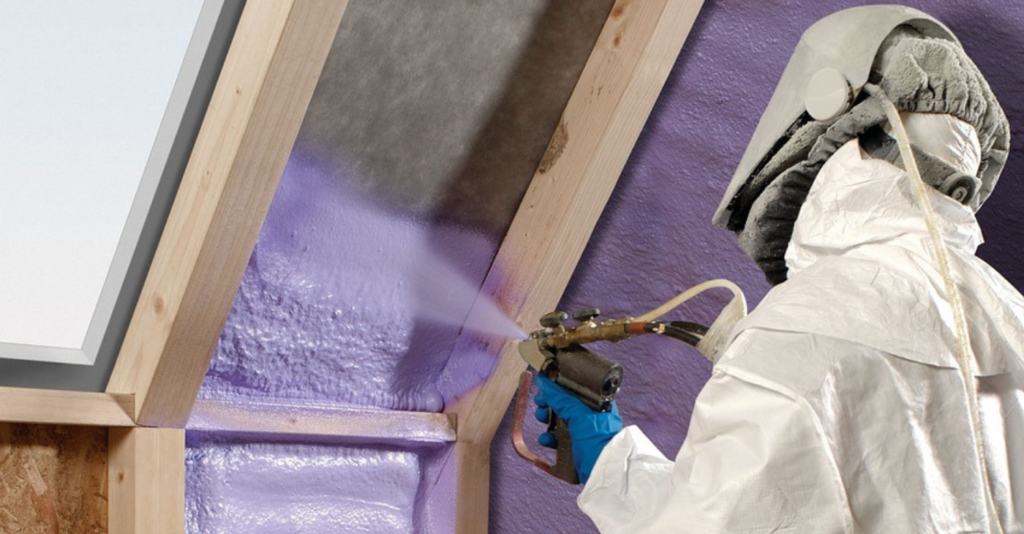
Factors affect the cost of insulation machines
The cost of cavity wall insulation machines can vary significantly based on several factors:
- Type of machine: Machines designed for specific materials, such as spray foam or polystyrene beads, tend to be more expensive than those designed for mineral wool.
- Capacity and power: High-capacity machines with greater power outputs are generally more costly. These are typically used in large-scale projects.
- Brand and technology: Advanced machines that offer greater precision, lower maintenance requirements, or use the latest technology may come at a premium price.
- Project requirements: Larger or more complex projects may require a machine with higher specifications, increasing the cost.
How cost varies among different supplier?
The cost of cavity wall insulation machine can vary significantly depending on the type of machines, the insulation material it handles, and the scale of the project. From affordable basic models for residential use to high-capacity machines for industrial applications, prices range widely to meet different project needs and complexity. Here is an overview on cost of different insulation machines:
-
Mineral wool insulation machines
Mineral wool machines are affordable and simple to operate. Small, portable units typically cost between £2,000 and £3,500. For larger industrial models, prices can range from £5,000 to £8,000, depending on their features.
-
Polystyrene bead injectors
These machines are more expensive because they require precision. They typically cost between £5,000 and £10,000. Advanced models, which offer better accuracy and larger capacity, fall on the higher end.
-
Spray foam insulation machines
Spray foam machines are the most expensive. Basic models start around £7,000. Advanced versions used for bigger projects can range from £15,000 to £20,000.
-
High-end machines for large projects
For industrial projects, high-capacity machines can cost between £10,000 and £25,000. More expensive models usually have features like remote control or multi-material handling.
-
Additional costs
Besides the machine cost, factor in expenses for maintenance, replacement parts, and insulation materials. These can increase overall project costs.
Final insights on the role of cavity wall insulation machines
Cavity wall insulation machines play a key role in reducing heat loss and improving energy efficiency by injecting insulation materials into the gaps between brick walls. They come in different types, including mineral wool blowers, polystyrene bead injectors, and spray foam machines, each designed for specific materials and project sizes. Choosing the right machine ensures effective insulation and long-term savings on energy bills.
Proper setup and regular maintenance are important to prevent issues like uneven insulation or moisture buildup. Costs for these machines vary, with basic residential models being affordable, while high-end machines for industrial projects are more expensive. Investing in the right machine ensures fast, efficient, and cost-effective insulation.

